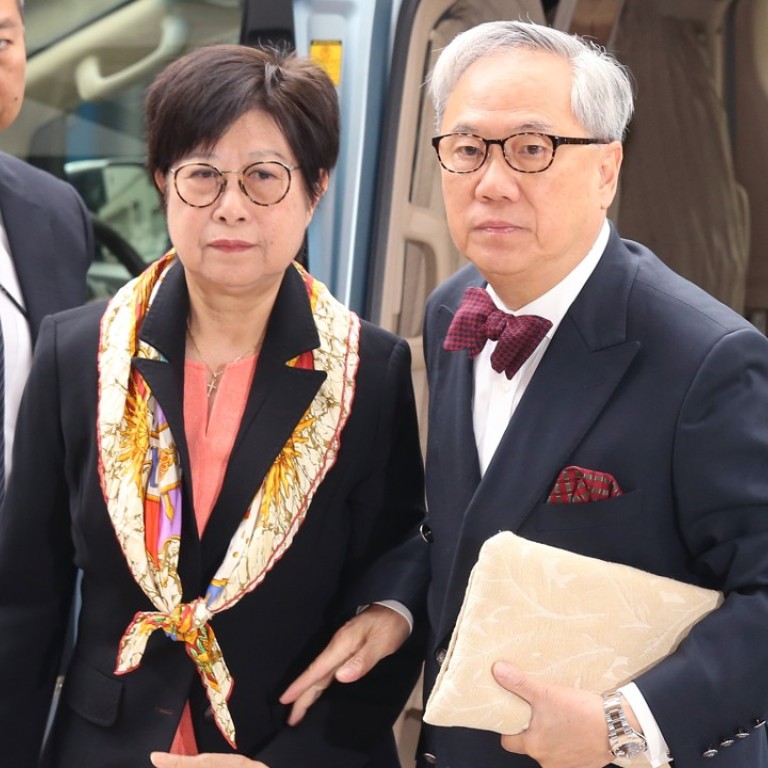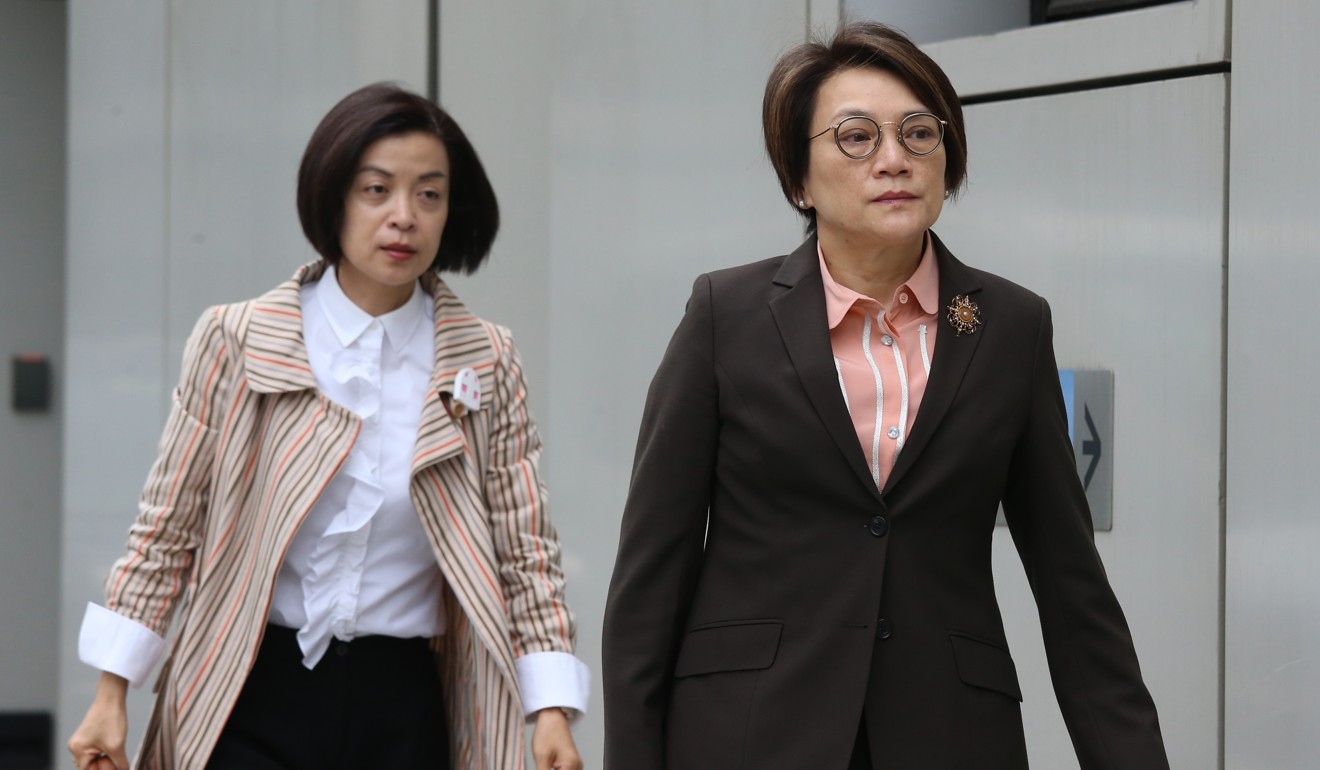
Judge’s ‘generous’ jury direction in Donald Tsang trial created ‘real difficulties’ for prosecution, Hong Kong court hears
David Perry QC responds to complaints of jury misdirection as ex-chief executive seeks leave to appeal against conviction and jail sentence for misconduct
The judge in Donald Tsang Yam-kuen’s misconduct trial had been extremely generous and incredibly favourable towards the former Hong Kong chief executive when directing the jurors who eventually found him guilty, prosecutors told a court on Thursday.
David Perry QC was responding to complaints raised by Tsang’s counsel, Clare Montgomery QC, who argued in appeal that trial judge Mr Justice Andrew Chan Hing-wai had misdirected the jury on fundamental elements of the crime before their deliberations.
Perry countered that Chan had correctly identified the ingredients of the offence and given a jury direction that was “extremely generous” and “incredibly favourable” to the point that it “created real difficulties for the prosecution”.
“I imagined the defendant welcomed the direction,” he said. “This summing up [of the law and evidence] as a whole was fair, well-balanced and generous to the applicant.”

Tsang, 73, is seeking leave from the High Court to appeal against his conviction and sentence, as well as the HK$4.6 million (US$586,000) legal bill demanded by prosecutors.
Judgment was reserved by the three judges: Court of Appeal vice-presidents Mr Justice Wally Yeung Chun-kuen and Mr Justice Andrew Macrae and appeal judge Mr Justice Derek Pang Wai-cheong.
The former chief executive was the city’s first leader to be tainted by a criminal conviction, following a high-profile six-week trial that concluded in February last year.
The jury found him guilty of one count of misconduct in public office by a majority verdict of eight to one, over his failure to declare his interest in a three-storey penthouse in mainland China, as well as his ties to the boss of local radio broadcaster Wave Media, when he approved three licence applications from the station during his term in office.
Jury ‘misdirected’ in former Hong Kong leader Donald Tsang’s misconduct trial, appeal court told
The same jury cleared him of a separate count of misconduct in public office and failed to reach a verdict on a bribery charge, which led to a second trial by a new jury that also failed to reach a consensus.
Tsang was sentenced to 20 months in maximum-security Stanley Prison but released after 63 days in jail, on April 24 last year, on bail pending the appeal.
This is obvious and gross misconduct. There is the ultimate decision maker at the pinnacle of the Hong Kong government
On Thursday, Perry expressed surprise at Tsang’s complaints, which he called “detached from the case”.
He rejected the defence’s suggestion that Chan had erred in adopting the starting point of sentence at 30 months, noting the trial judge had considered many factors including Tsang’s position and his breach of trust.
“This is obvious and gross misconduct,” Perry said. “There is the ultimate decision maker at the pinnacle of the Hong Kong government suppressing [information].”
The prosecutor also defended the court’s cost order, which he said was needed to compensate taxpayers who paid for the trial. “If anyone was in the best position to make the judgment in relation to the costs, it was the trial judge,” he added.
In reply, Montgomery drew the court’s attention to the logic of the prosecution case and the jury’s verdict. She argued her client would have nothing to disclose, given the two juries could not agree there was a corrupt bargain as reflected in their hung verdicts.
She also clarified that her team had asked the judge for a specific direction on the mental element of the offence once the jury raised questions.
“We were refused,” she said. “That, under any system of rule, would lead to a successful appeal against conviction.”

